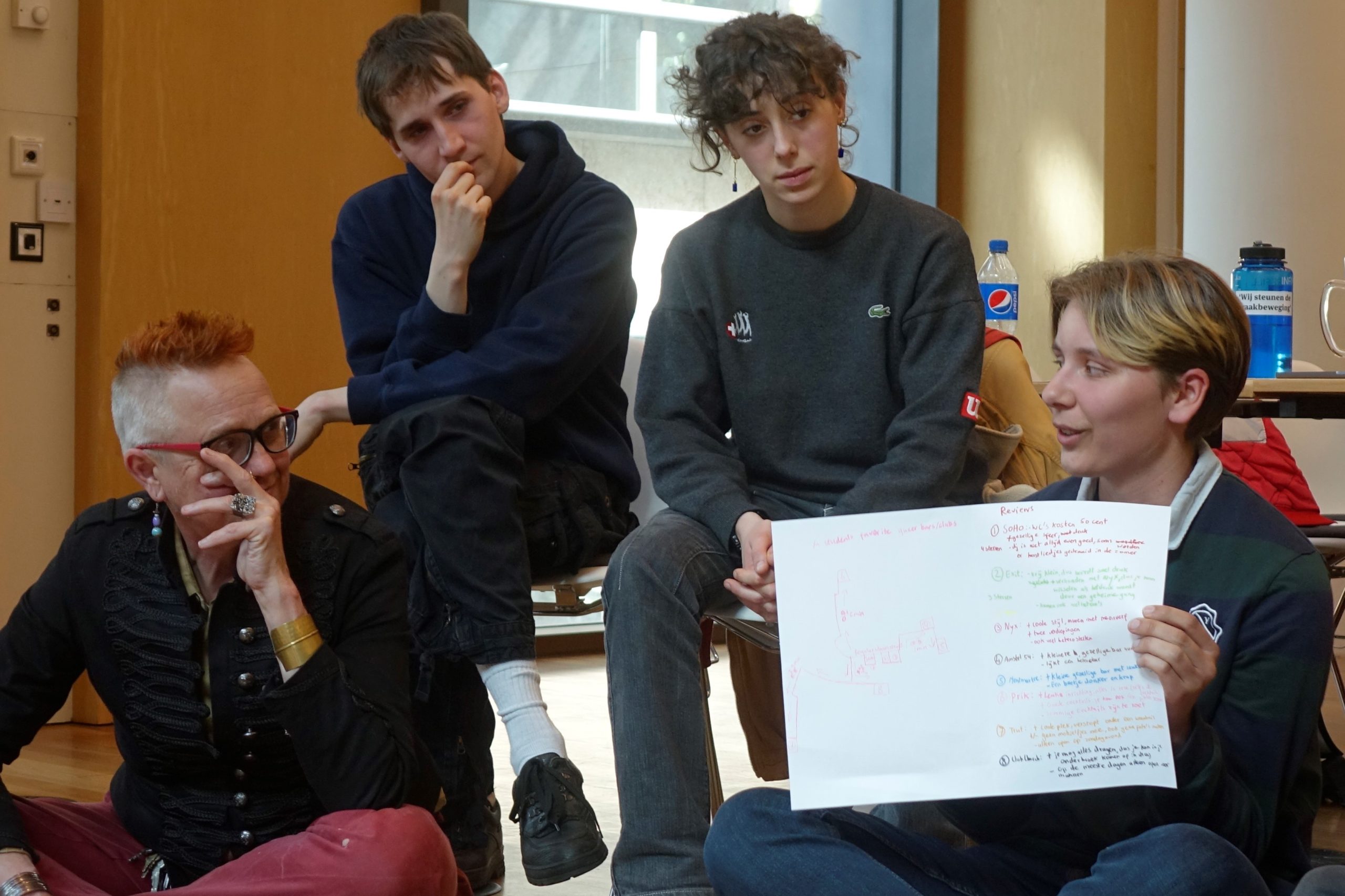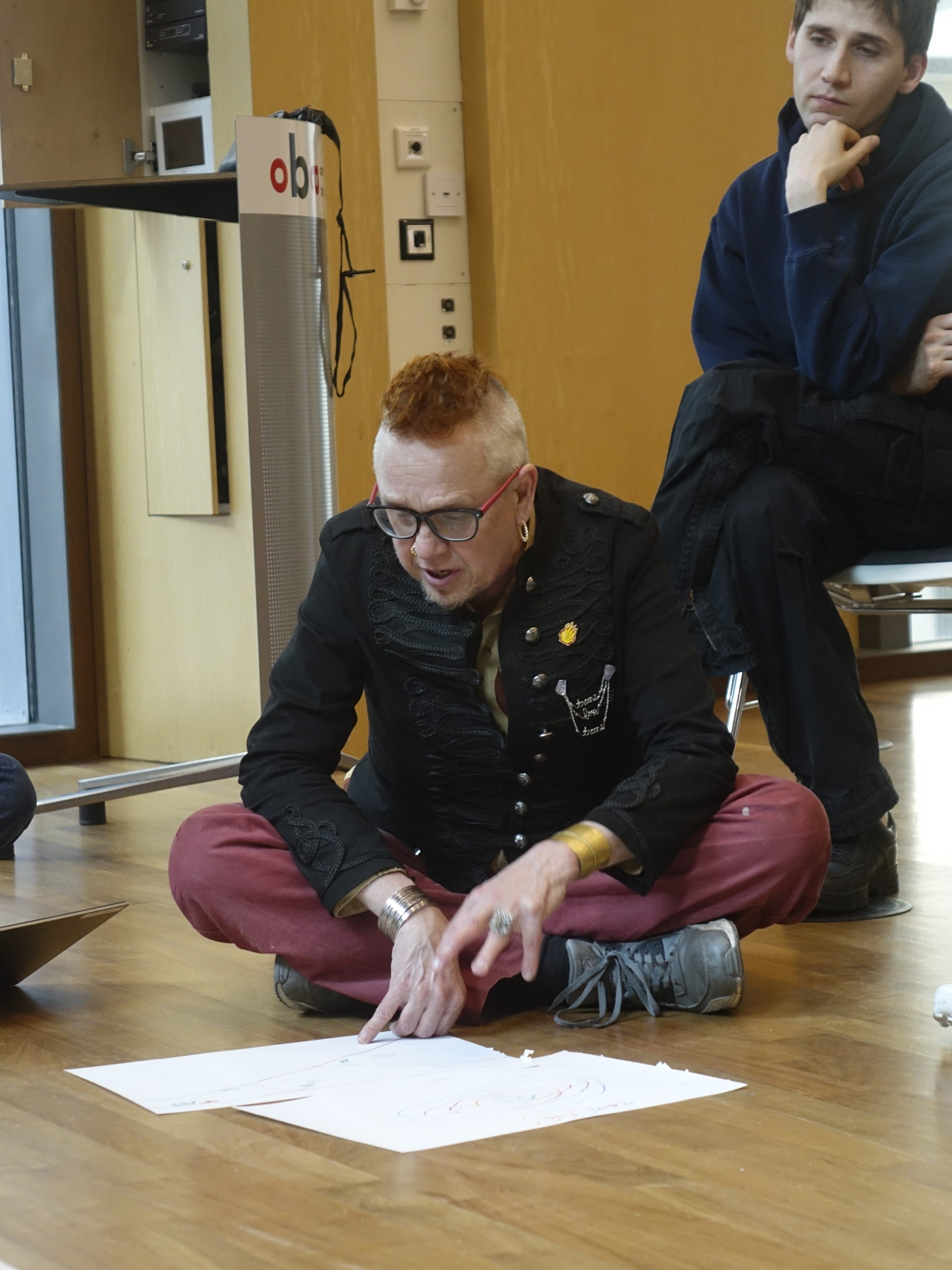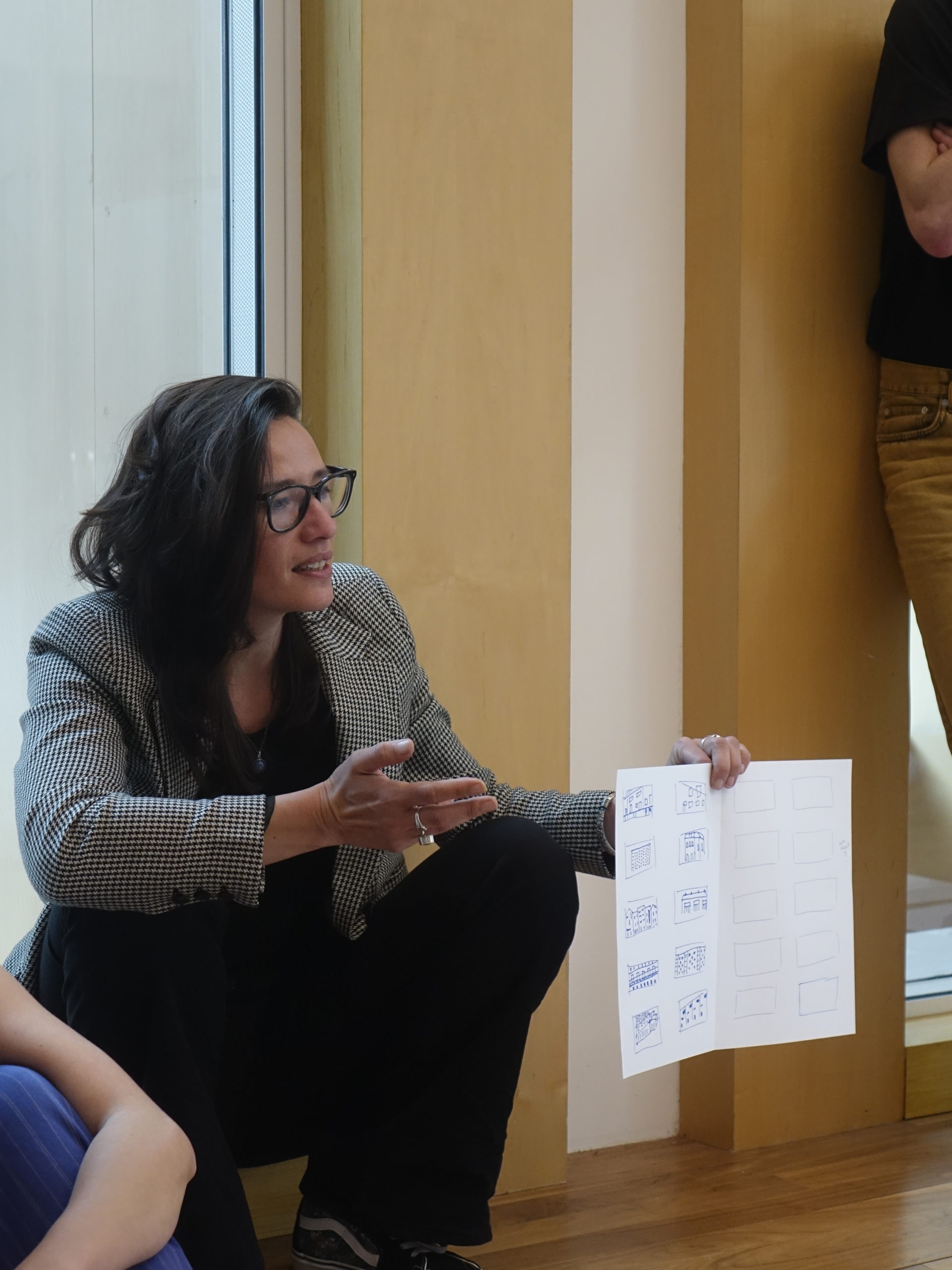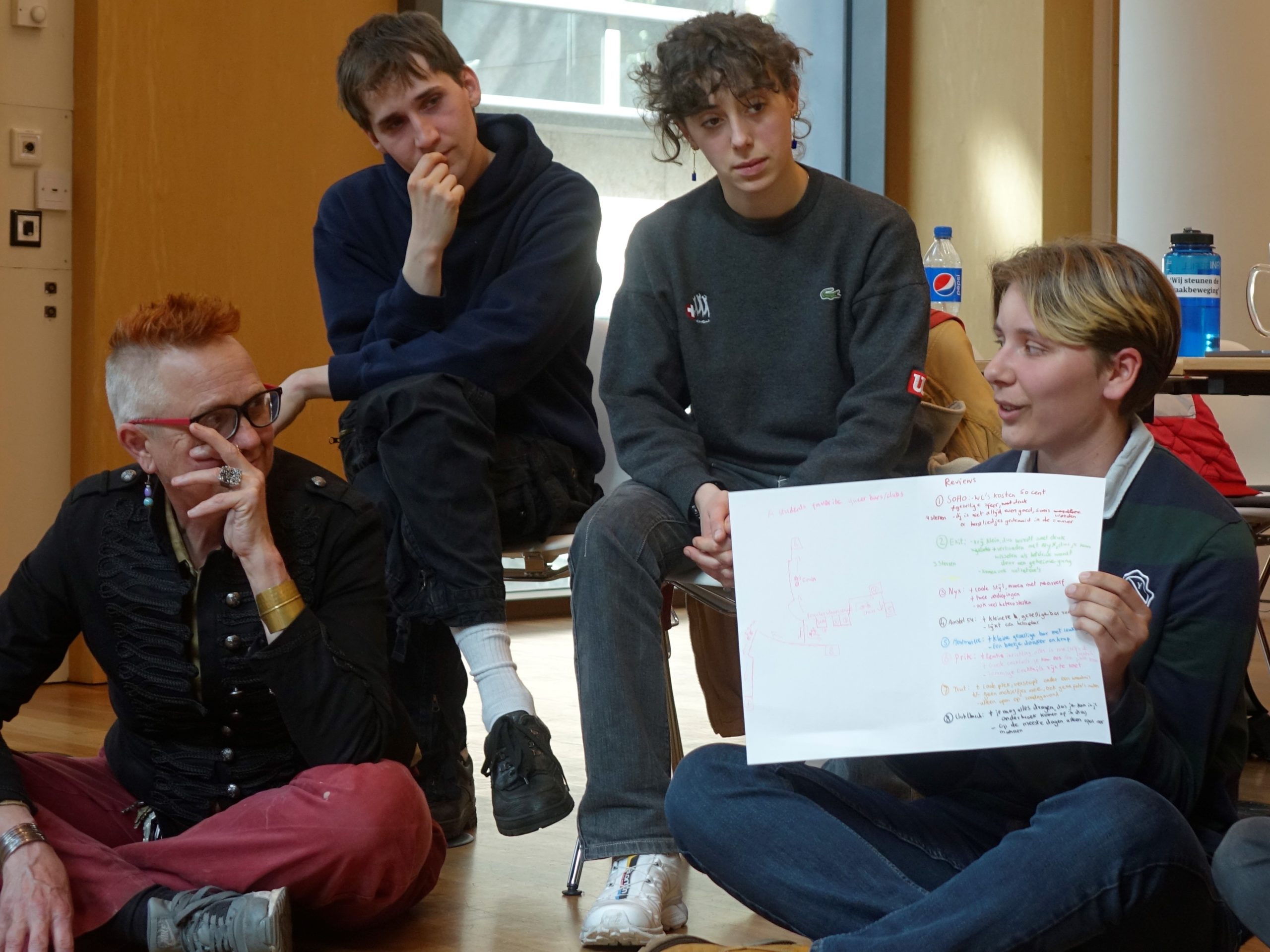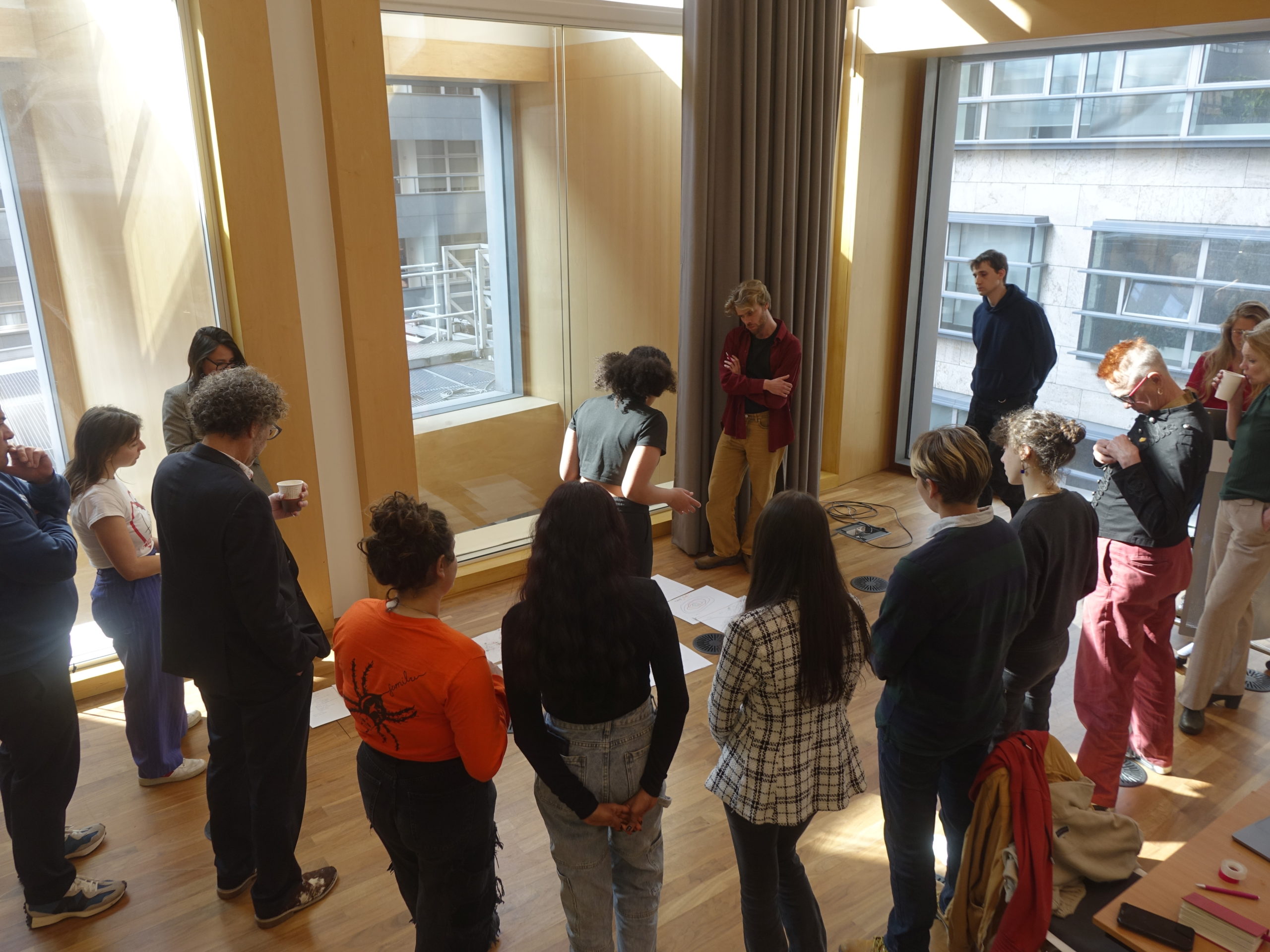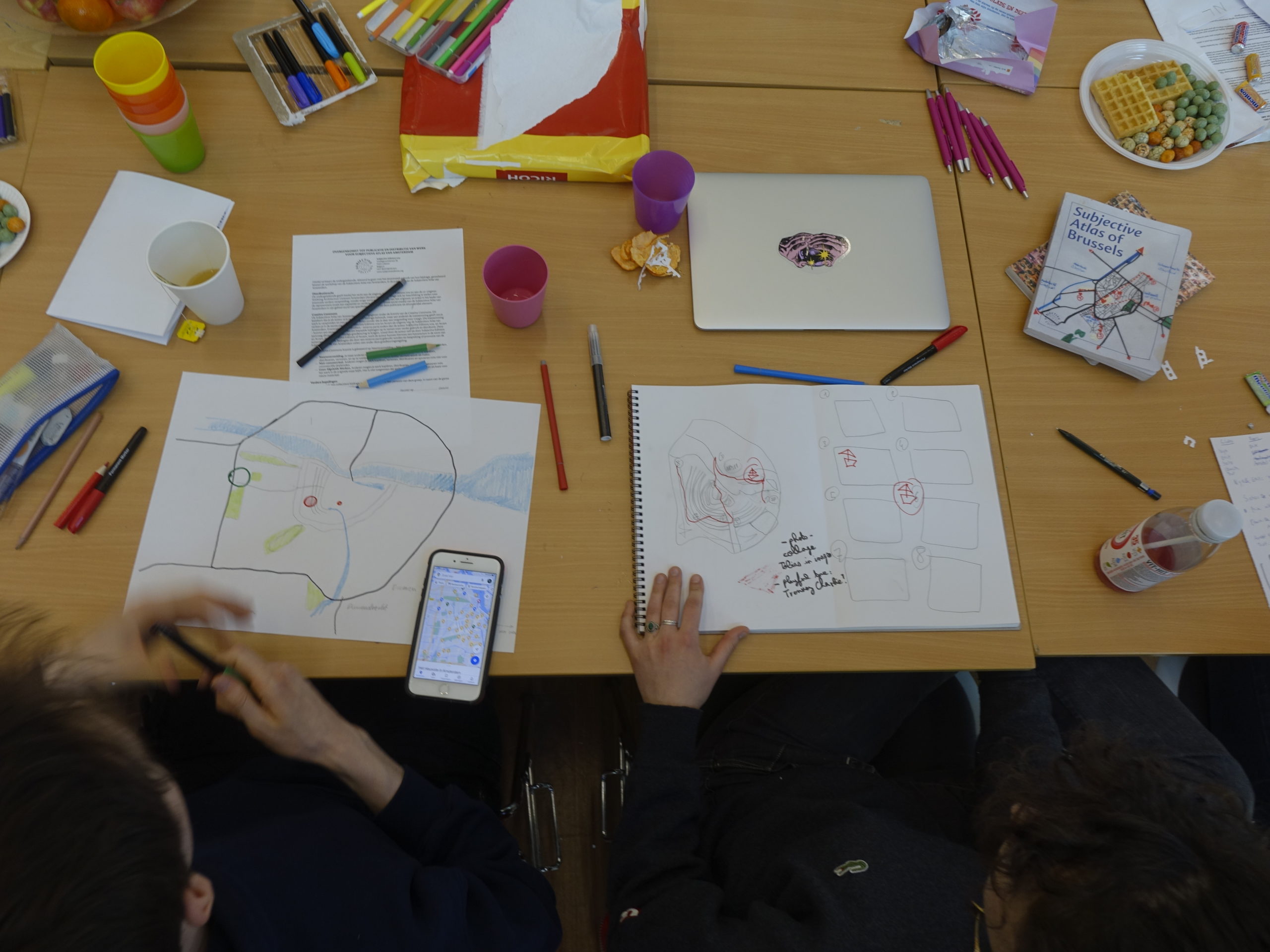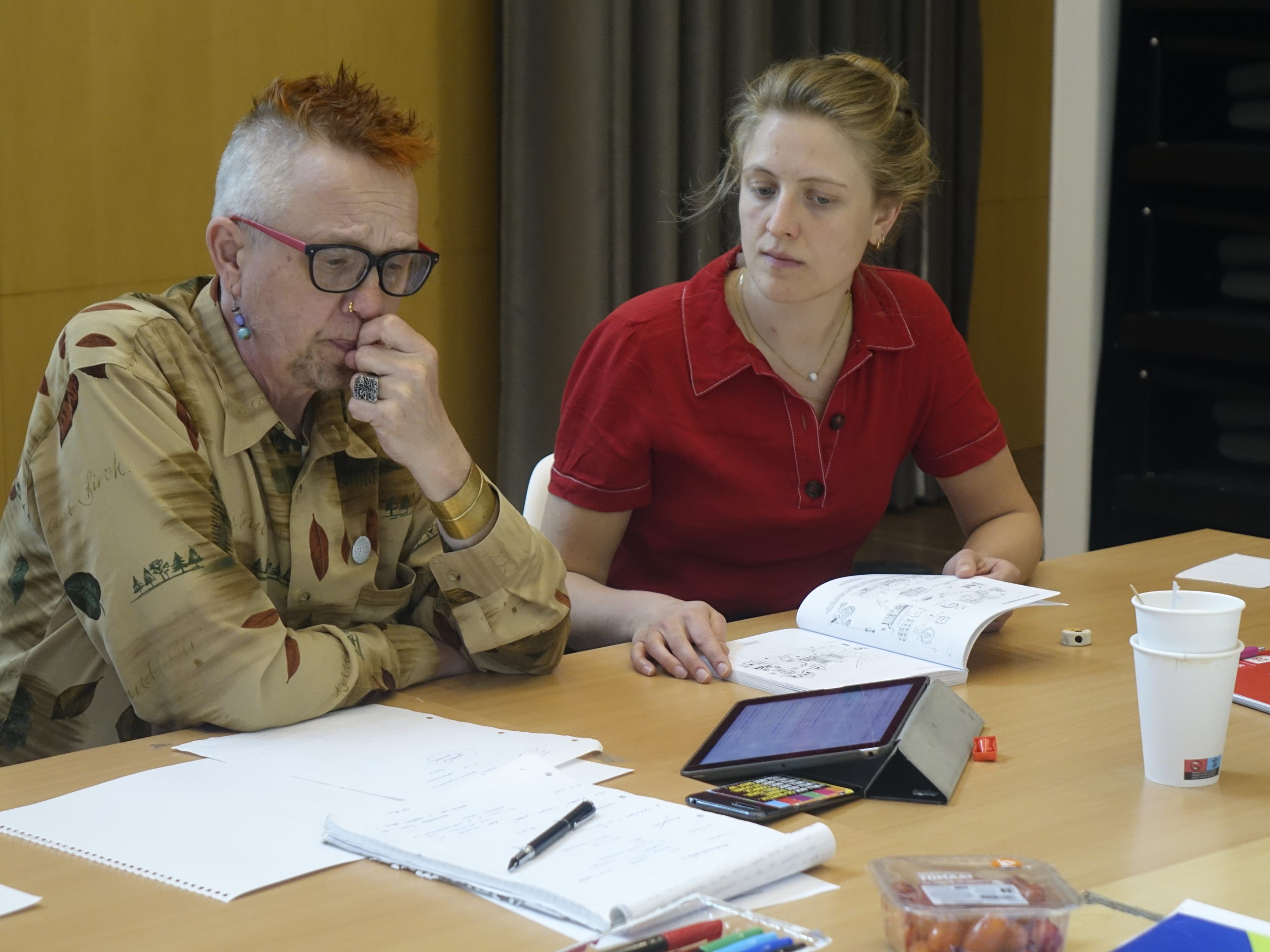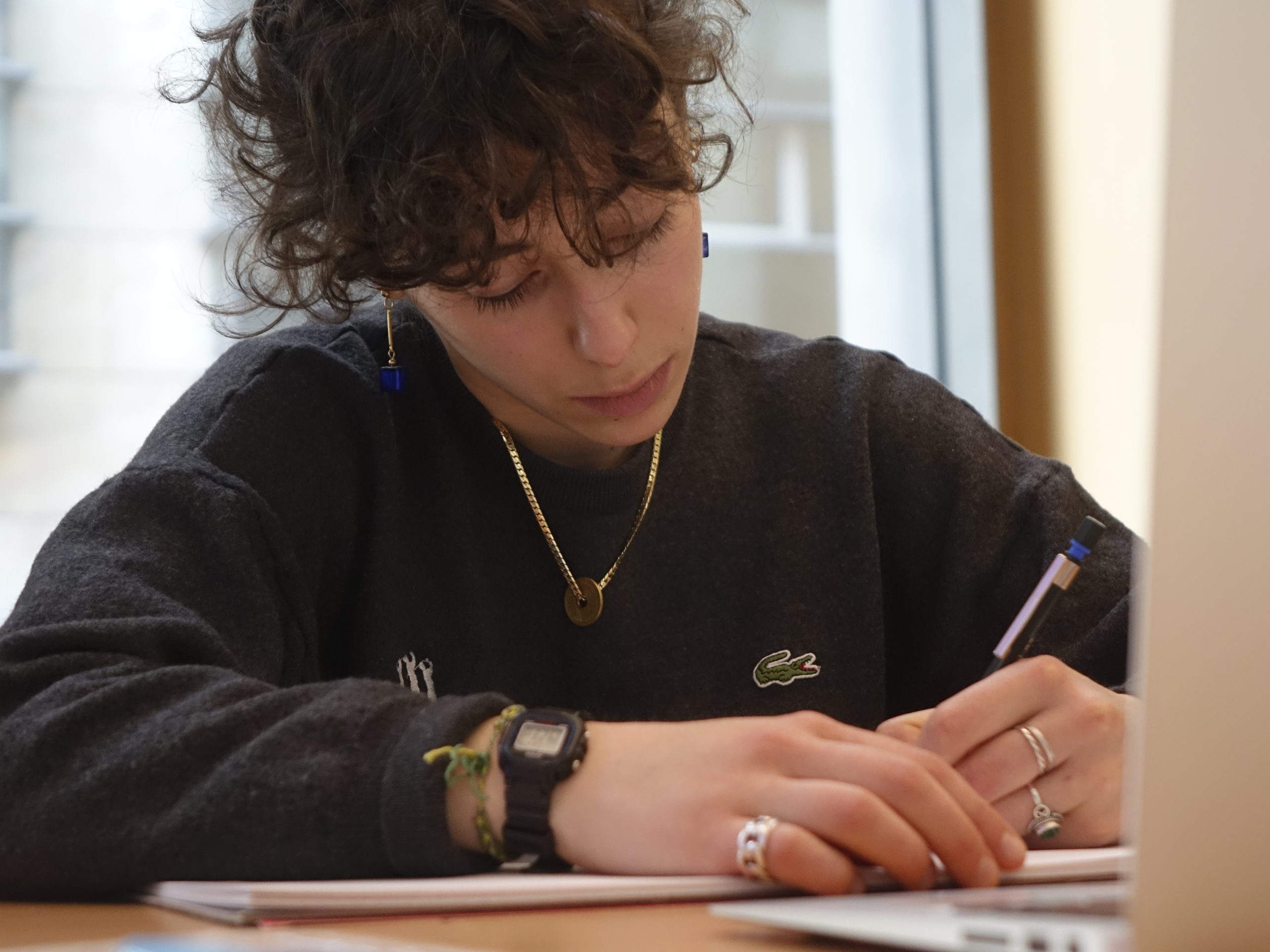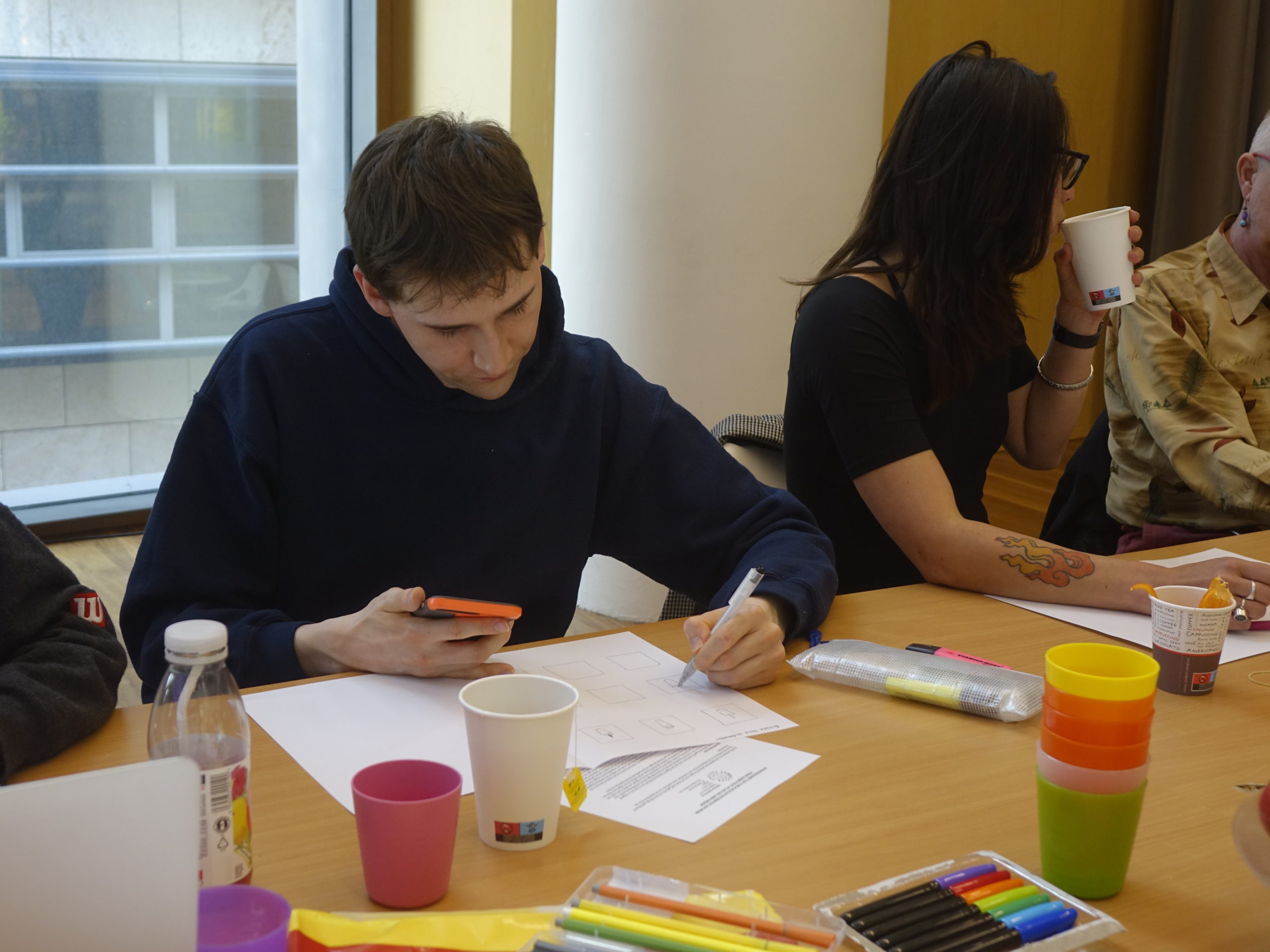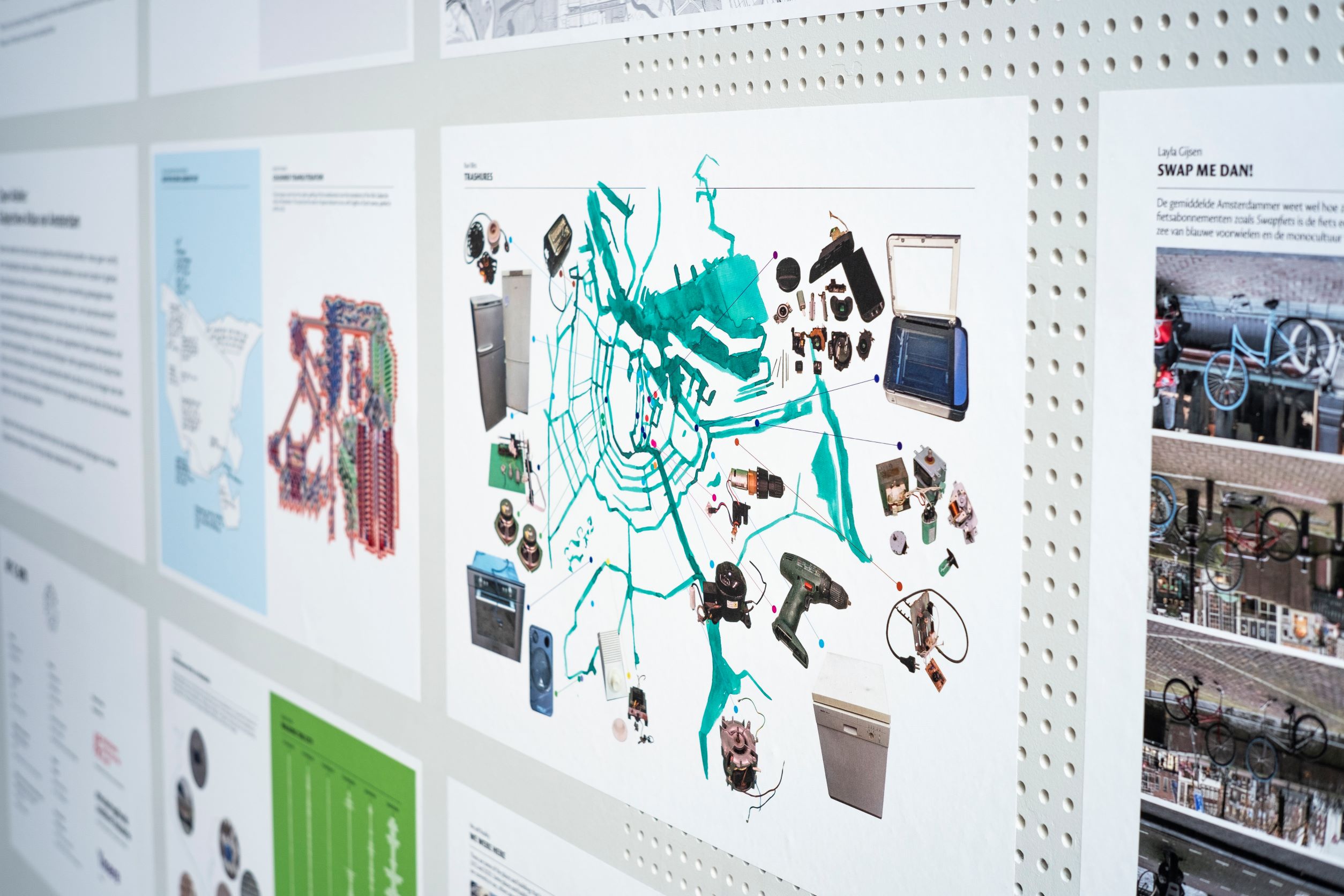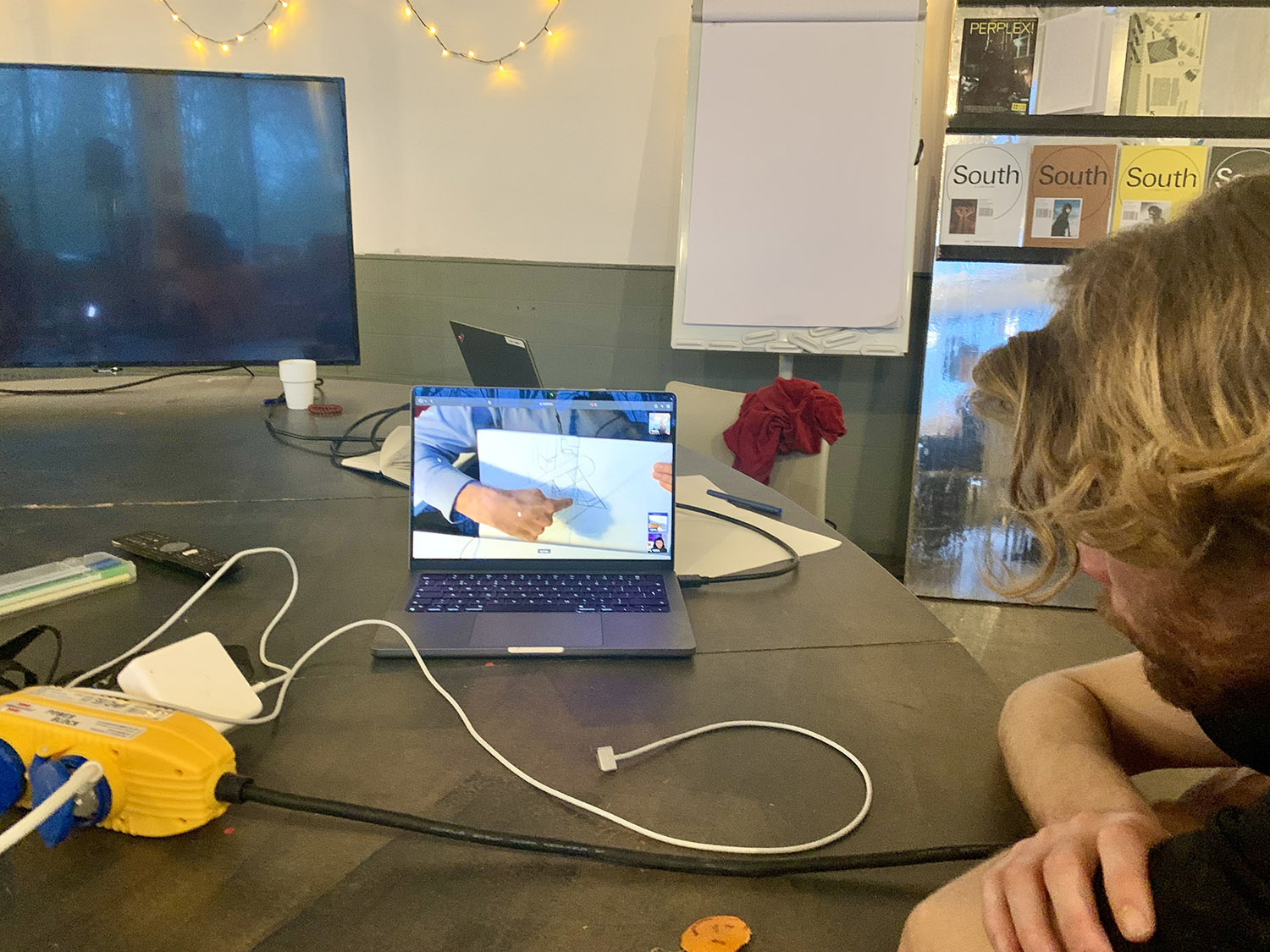From gentrification and socio-economic polarisation in neighbourhoods to mapping the hidden queer history that manifests itself in the streets of Amsterdam.
Arcam is focusing on multivocal perspectives on the built environment with the Subjective Atlas of Amsterdam. Part of this research project are eight workshops, given by eight partners.
On 29 March 2022, the fourth of our series of workshops took place. This time, we held a workshop with IHLIA, the archives for queer history, at OBA Oosterdok. During the workshop, each participant was asked to reflect on what is a personally meaningful, striking or underexposed phenomenon that typifies Amsterdam.
In the afternoon, everyone got to work on mapping this phenomenon: from gentrification and socio-economic polarisation in neighbourhoods to mapping the hidden queer history that manifests itself in the streets of Amsterdam.
About IHLIA
IHLIA is a heritage organisation in the Netherlands that has the largest LGBTQIA+ archival collection in Europe. IHLIA has a unique collection of books, archives and photographs that tell the history of a part of society that was invisible until recently. In this way, IHLIA promotes the social acceptance of LGBTQIA+ people in the present and the future.
For the workshop, IHLIA has invited a group of visual authors who reflect the diversity of the community it represents. The result was a workshop that brought together people from all different parts of life; from high schoolers and international students to retired professors, parents and long-time activists.
Identity and Space
The workshop began with a general roundtable discussion and brainstorming session. Though the authors are not required to speak of issues relevant to the very diverse community they are part of, the individual reflections touched upon the socio-geographic dynamics of (sexual/gender) identity and space. One idea for the contribution was to map the invisible LGBTI+ history of Amsterdam. The participant wants the highlight these ‘happy’, ‘safe’, ‘guilty’, and ‘somber’ queer stories that usually remain hidden in the city. He also co-creates weekly walks for Het Parool.
Gentrification and Housing
During the joint brainstorming session gentrification and housing were also big topics. Three visual authors shared stories of the socio-economic segregation in Geuzenveld, Nieuw-West. There is a clear socio-economic division within the neigbourhood which is identifiable through access to green spaces. Whereas the part of the neigbourhood that is inhabited by higher-income households has several well-maintained playgrounds, the lower-income part only has one. This is a phenomenon that two of the younger participants are wanting to visualize.
Open Atelier
In the upcoming weeks, the visual authors will further develop their contributions. The results of this research will be shown in an Open Atelier at Arcam from 22 April on, and in the publication that will be published in December 2022.
